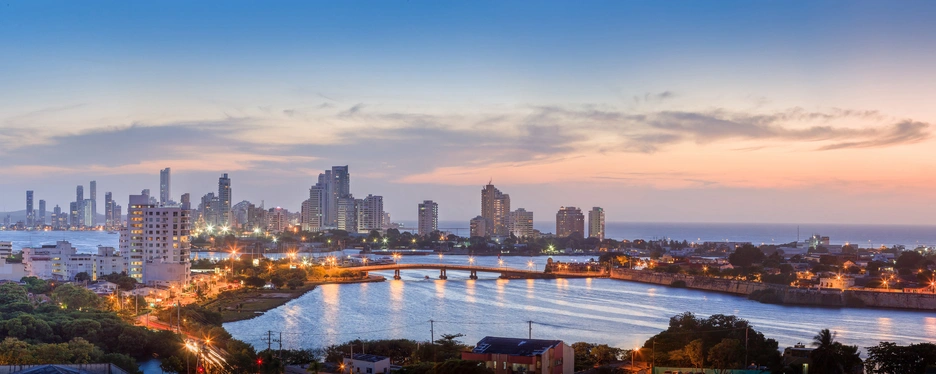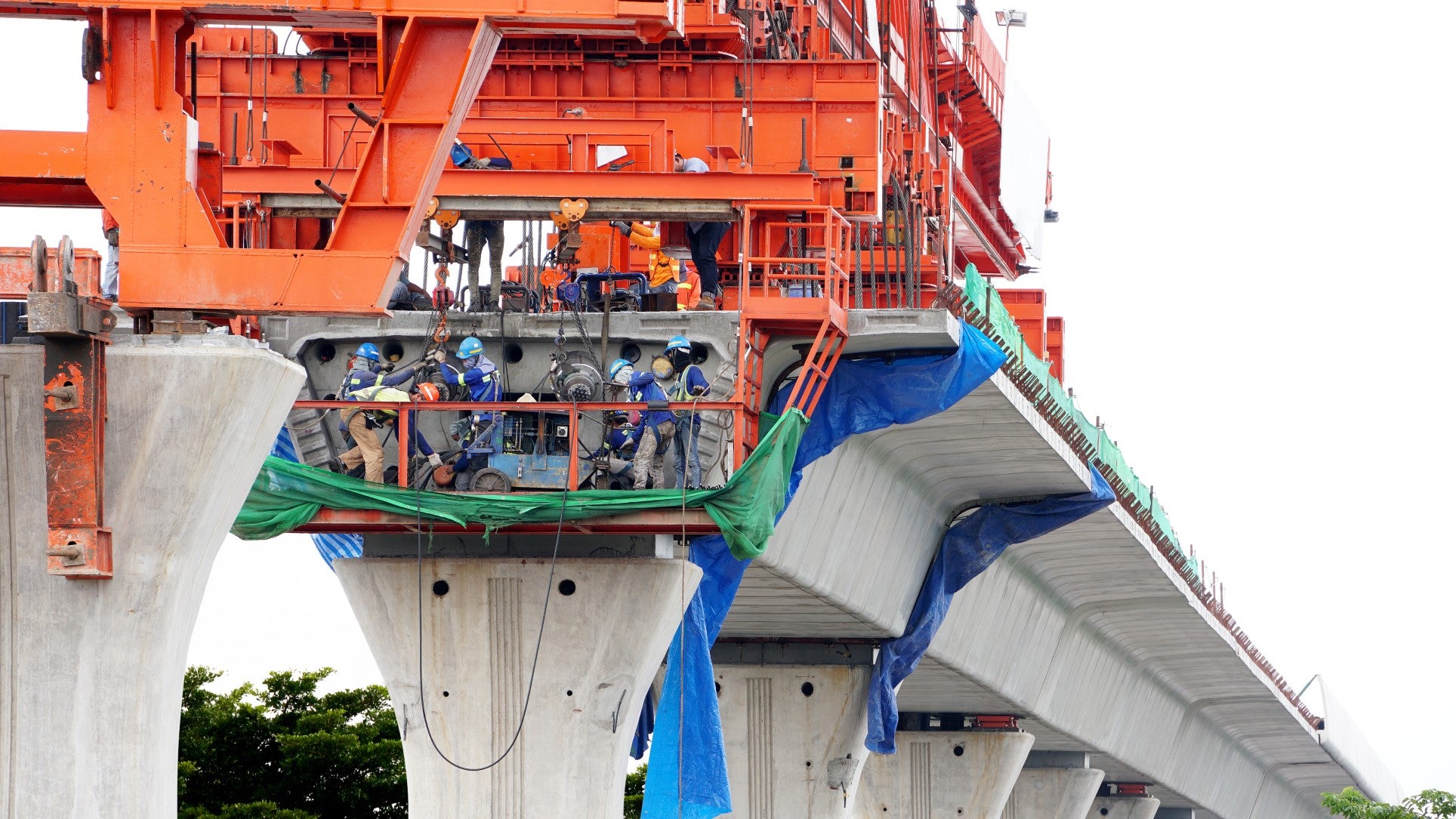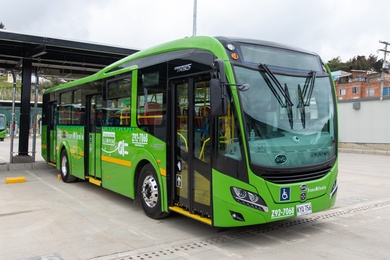The region is evolving. So are we.

The region is evolving because a rise in education, technology, health care and housing is empowering an emerging middle class, which 50 million Latin American and Caribbean people entered in the last decade. We have seen more citizens inhabit more cities, and by 2050, 90 percent of the region’s population will live in them. A rising middle class coupled with more demands on urban infrastructure will impact energy use. By 2030, energy demand will double, pricing the business opportunity for energy efficiency at $500 billion regionally and creating incentives for renewables.
[caption id="attachment_5340" align="alignleft" width="442"] By 2050, 90 percent of all Latin Americans and Caribbeans will live in cities.[/caption]
By 2050, 90 percent of all Latin Americans and Caribbeans will live in cities.[/caption]
Three years ago, the IDB Group sought to address how our private sector work could better support our clients to navigate the rapid changes of this industrial revolution and better compete globally. The IDB Group knew the business models of yesterday could not build the region of tomorrow. Our stakeholders and shareholders sought a more flexible, responsive and client-centered private sector bank.
To respond, we reorganized the work of three of our four private sector areas into the Inter-American Investment Corporation. With 330 active clients, 440 projects, $7 billion in our current portfolio and $2 billion of additional capital expected in the next 10 years, we are more ambitious, agile and attuned to our clients than ever.
So what’s new? First and foremost, we are client-focused. Product enhancements give us more flexibility to deploy more equity, structured finance, local currency, blended finance and advisory services to meet client needs. Our clients are our partners, and we want to deepen our relationships with each, offering a diversity of products and services to meet their evolving needs.
[caption id="attachment_5343" align="alignright" width="362"] Our clients are our partners, and we want to deepen our relationships with each.[/caption]
Our clients are our partners, and we want to deepen our relationships with each.[/caption]
Second, we are strengthening our partnerships in key Latin American and Caribbean sectors and mobilizing resources to these critical markets. We aim to be bold in infrastructure that is more sustainable and competitive. We aim to work with corporates to deploy the latest technologies, enhance productivity and create jobs. Our mobilization efforts will bring in new capital from family foundations, impact investors and institutional investors. There are trillions to unleash, and we want to be the partner of choice.
Lastly, our public-private dialogue through the IDB Group is more aligned than ever. We will solve our biggest development challenges when governments and companies come together. Thanks to this consolidation, we offer clients a one-stop shop that can address obstacles upstream to then achieve profitable deals and development downstream.
And development underscores everything we do, motivating us to act as first-movers or to scale up proven, bankable models. We design each transaction to learn and share knowledge. It is knowledge that will drive our systemic impact. It is this impact that will allow us to transform our clients, markets and region, and promote prosperity during these changing times.
LIKE WHAT YOU JUST READ?
Subscribe to our mailing list to stay informed on the latest IDB Invest news, blog posts, upcoming events, and to learn more about specific areas of interest.
Subscribe


